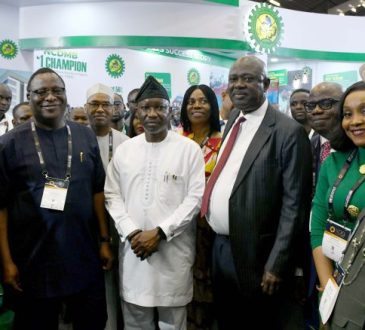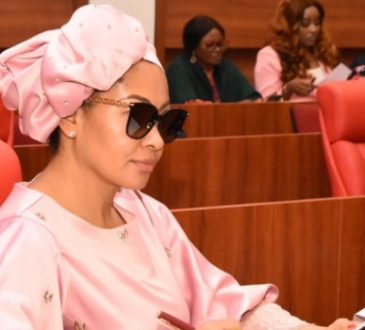Senate to FG: Implement zero duty on aircraft importation, spare parts

…seeks elimination of taxes and charges, wants NAICOM Act reviewed
The Senate has called on the Federal Government to fully implement the Executive Order on zero customs duty and zero Value Added Tax (VAT) on importation of commercial aircraft and aircraft spare parts, as well as implement the removal of VAT.
This was even as the Upper Chamber advised the Central Bank of Nigeria to make foreign exchange readily and easily accessible for the aviation sector, and make the interest rate a single digit for airlines so as to reduce the cost of capital.
While calling on the Federal Government to eliminate multiple taxes, fees and charges, the Senate mandated its Committee on Banking, Insurance and other Financial Institutions to facilitate review of the National Insurance Commission (NAICOM) Act to grant the externalization of insurance placements for domestic airlines.
It also urged the Ministry of Aviation to allocate more entries and frequencies to domestic airlines on international routes, as well as create a business friendly environment the air transport sector by fast tracking the clearance of Aircraft On Ground (AOG) spare parts.
These formed resolutions reached following a motion considered on “The Need to Protect Nigerian Indigenous Airlines From Extinction.”
Sponsor of the motion, Adamu Aliero (APC – Kebbi Central), in his presentation expressed worry that despite the significant contributions of the Airline Operators of Nigeria (AON) to the growth and development of the Nigerian economy, domestic airlines in the country are faced with multiplicity of challenges that threaten their continuous existence.
According to the lawmaker, the non-implementation of the executive order on zero customs duty and zero VAT on importation of commercial aircrafts and aircraft spare parts; high cost of capital and lack of single digit interest rate for airlines; replacement of NCAA five percent Ticket Sales Charge (TSC) among others, are pertinent issues that continues to plague Nigeria’s aviation industry.






